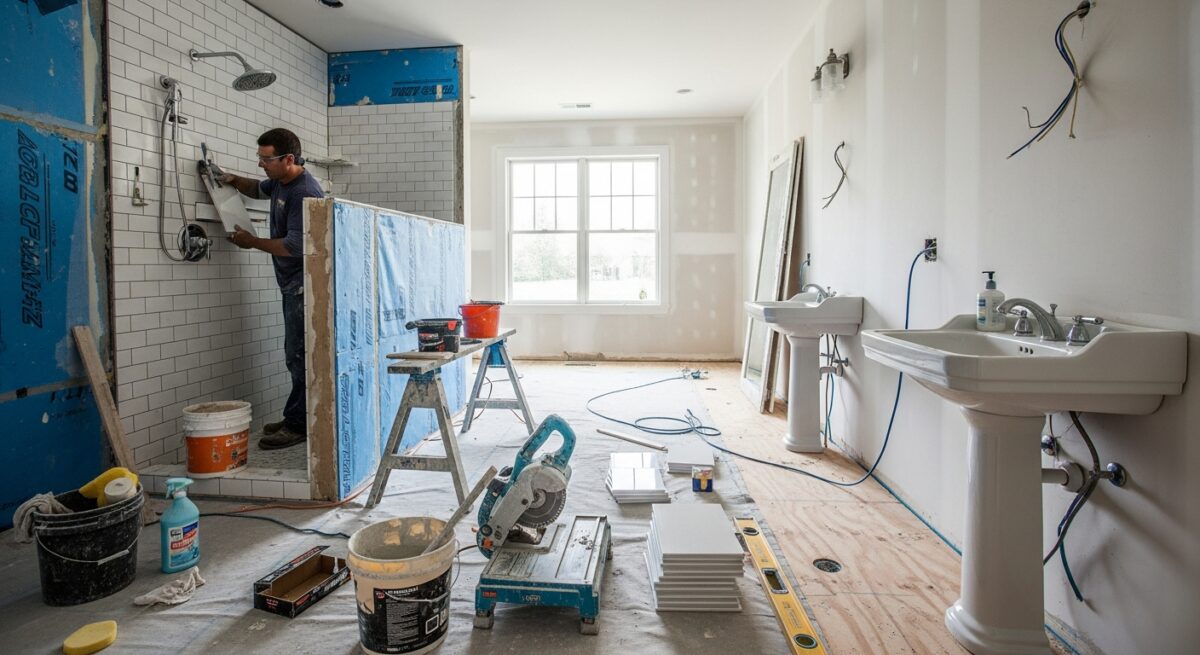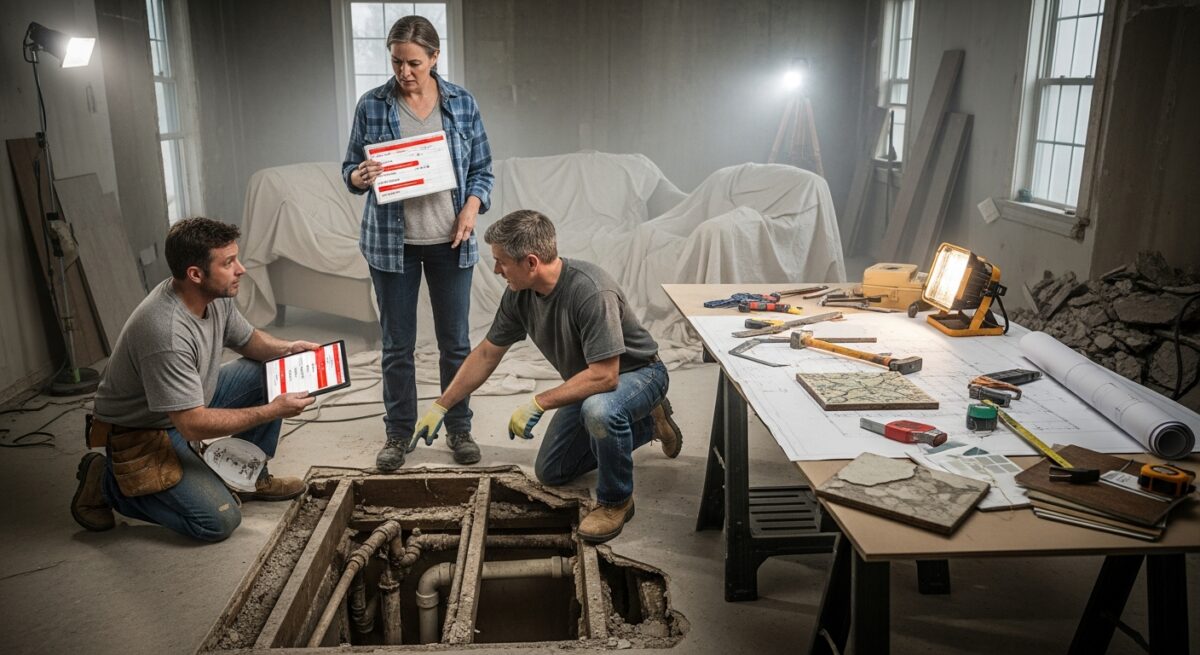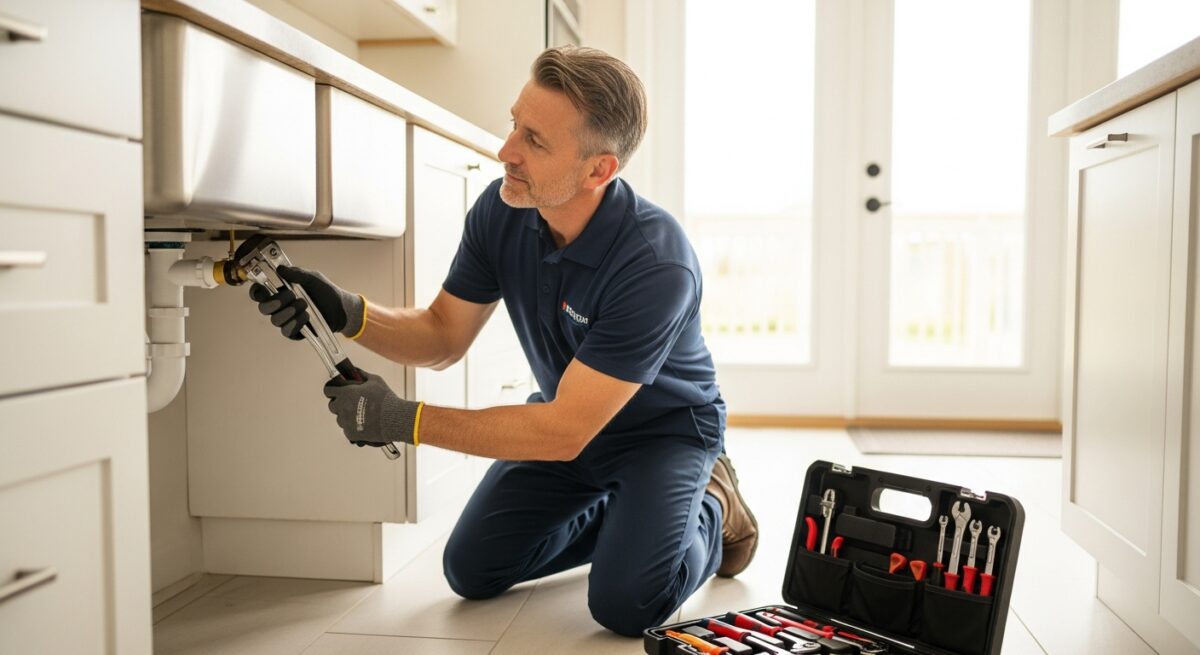Is It Time to Replace Your Front Door? Key Factors to Consider
Your front door is more than just an entry point—it’s the focal point of your home’s exterior and one of the first things visitors notice. It plays a critical role in providing security, energy efficiency, and curb appeal. However, like all parts of your home, your front door has a lifespan.
A damaged, outdated, or inefficient front door can compromise your home’s safety, increase energy bills, and diminish its appearance. But how do you know when it’s time to replace your front door? This guide highlights the key factors to consider when evaluating whether a door replacement is necessary, along with tips to choose the best replacement for your home.
Ready to enjoy the benefits of a new front door? Contact us for expert installation and premium products!
Signs That It’s Time to Replace Your Front Door
Recognizing the signs that your front door needs replacement is essential for maintaining your home’s functionality and aesthetics. Here are the most common indicators:
Physical Damage
Cracks, dents, or warping are clear signs of wear and tear. Over time, exposure to weather, temperature fluctuations, and general use can weaken your door’s structure.
- Splitting or Cracking: Visible cracks can compromise your door’s strength and let in drafts.
- Warping: Warped doors may not close properly, reducing security and energy efficiency.
- Peeling Paint or Rust: These issues signal material degradation, especially in wood or steel doors.
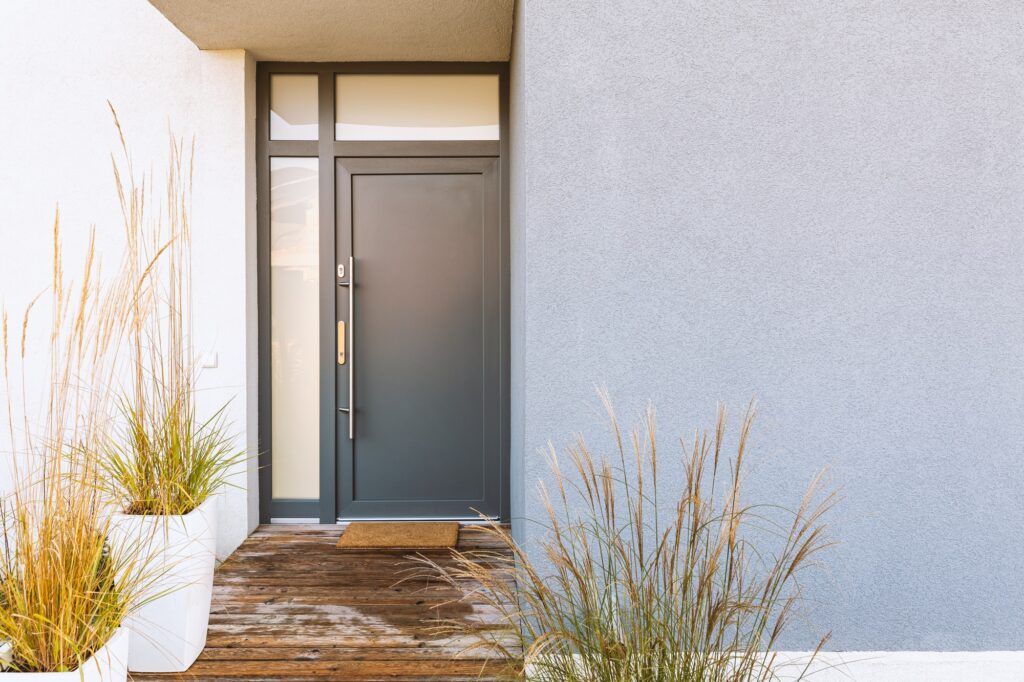
Grass in pot and wooden path in front of front door stylish suburban house
Difficulty in Operation
If your front door sticks, squeaks, or doesn’t close securely, it might be due to misalignment or a failing frame.
- Drafts or Gaps: Feeling air around the edges of your door suggests it no longer fits properly in its frame.
- Stiff Hinges: Worn-out hinges can cause the door to sag or become harder to open and close.
Energy Inefficiency
An old or poorly insulated front door can significantly impact your home’s energy bills.
- Higher Utility Costs: If your HVAC system works overtime to compensate for drafts, it may be time for an upgrade.
- Single-Pane Glass: Older doors with single-pane glass lack the insulation properties of modern double- or triple-pane options.
Outdated Style
Sometimes, it’s not about damage but aesthetics. A dated door design can make your home look older and less appealing.
- Fading or Discoloration: Over time, the finish of your door may fade due to sun exposure.
- Clashing Design: If you’ve updated other exterior features, a mismatched door can detract from your home’s overall look.
Noticing these signs? Explore our stylish and energy-efficient front door options today! Contact us now.
Benefits of Replacing Your Front Door
Replacing your front door is a worthwhile investment that offers both immediate and long-term benefits.
Enhanced Security
Modern front doors are built with advanced materials and locking mechanisms to deter intrusions.
- Reinforced Frames: Stronger materials and construction provide better resistance to forced entry.
- Smart Locks: Many new doors support smart lock technology for keyless entry and enhanced convenience.
Improved Energy Efficiency
Newer doors are designed with insulation and weatherproofing in mind, keeping your home comfortable year-round.
- Weather Seals: Tight seals prevent drafts and improve thermal performance.
- Energy-Efficient Materials: Fiberglass and steel doors with foam cores provide excellent insulation.
Boosted Curb Appeal
A new front door can instantly elevate the look of your home and increase its resale value.
- Customizable Designs: Choose from a wide range of colors, finishes, and decorative glass options.
- Modern Trends: Popular styles like craftsman, contemporary, and mid-century doors create a stunning first impression.
Low Maintenance
Modern front doors require less upkeep than older models.
- Durable Finishes: Pre-finished steel and fiberglass doors resist peeling, cracking, and fading.
- Rot-Resistant Materials: Materials like fiberglass eliminate the need for frequent repairs or refinishing.
Choosing the Right Replacement Door
Replacing your front door is a significant decision that impacts your home’s security, energy efficiency, and overall curb appeal. It’s more than just picking a style you like; you need to consider factors like material, functionality, and how the door complements your home’s architectural design. Taking time to evaluate these elements ensures you make a choice that is both practical and visually appealing.
Materials
The material of your new door plays a crucial role in its durability, appearance, and performance. Different materials come with distinct advantages, allowing you to choose one that fits your needs and budget.
- Fiberglass: Fiberglass doors are lightweight, durable, and highly resistant to warping, denting, or cracking. They are an excellent option for homeowners looking for low-maintenance and energy-efficient doors. Fiberglass can mimic the appearance of wood, offering a premium look without the upkeep required for real wood.
- Steel: Steel doors are known for their strength and security. They provide superior resistance to forced entry and are often insulated for enhanced thermal performance. Steel doors are ideal for those prioritizing safety and energy efficiency, though they may be prone to dents or scratches over time.
- Wood: Wood doors are a timeless choice, offering unmatched beauty and elegance. They can be customized with intricate designs, carvings, or various finishes. However, wood requires regular maintenance, including refinishing and sealing, to prevent issues like warping or rot, especially in areas with extreme weather.
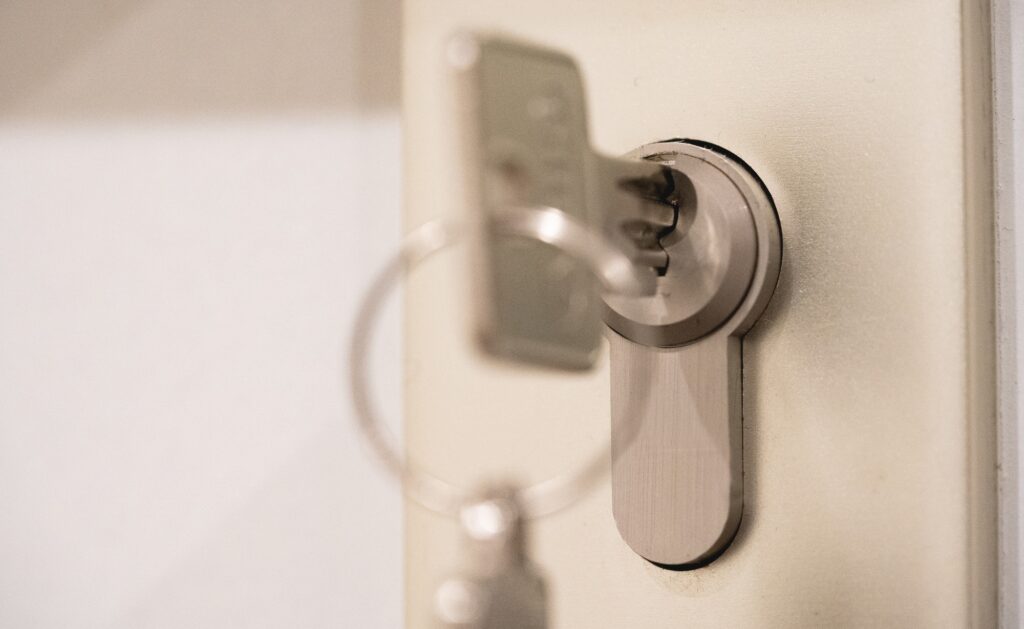
Key in lock of front door
Design Features
The design of your door is an opportunity to enhance both the aesthetics and functionality of your entryway. Consider features that add character while serving practical purposes.
- Decorative Glass Panels: These panels can transform a plain door into a stunning focal point. They allow natural light to enter your home without compromising security, as many options include shatterproof or textured glass for privacy.
- Transom Windows: Positioned above the door, transom windows are a stylish addition that increases natural light in your entryway. They are especially useful for making a small or dark foyer feel more open and welcoming.
- Custom Finishes: From bold paint colors to elegant stains, the right finish can tie your door’s look to your home’s overall style. Consider textured finishes for a modern look or traditional wood tones for classic appeal.
Energy Efficiency Ratings
Energy efficiency is an essential consideration for modern homeowners. A well-insulated door can reduce heating and cooling costs, making your home more comfortable year-round.
- Look for ENERGY STAR-certified doors, which meet strict standards for energy performance.
- Pay attention to the R-value, a measure of insulation quality—the higher the R-value, the better the door’s ability to retain indoor temperatures.
- Consider features like insulated cores and weatherstripping to prevent drafts and improve overall thermal efficiency.
Security Features
Your front door is your home’s first line of defense, so prioritizing security is essential. Modern doors come with advanced features to enhance safety and give you peace of mind.
- Multi-Point Locking Systems: These systems secure the door at multiple points along the frame, making it harder for intruders to force it open.
- Reinforced Frames: Strong frames reduce the risk of the door being kicked in, providing an added layer of security.
- Shatterproof Glass: If your door includes windows, choose options with tempered or laminated glass to resist breakage during attempted forced entry.
Need help selecting the perfect door? Speak with our specialists to find a door that meets all your needs!
The Front Door Replacement Process
Knowing what to expect can help make the replacement process smooth and stress-free.
- Assessment: A professional technician evaluates your existing door and frame to determine what needs replacing.
- Measurement: Accurate measurements are taken to ensure the new door fits perfectly.
- Selection: Choose your preferred material, design, and features with guidance from a professional.
- Installation: The old door is removed, and the new door is installed, ensuring a secure fit and proper sealing.
- Final Testing: The installer checks for smooth operation, tight seals, and functionality of locks and features.
Professional installation ensures your new door operates perfectly and complies with local building codes.
Replacing your front door is an investment in your home’s security, energy efficiency, and appearance. Whether your current door is damaged, outdated, or simply not meeting your needs, upgrading to a modern, durable, and stylish option can transform your home. From advanced security features to customizable designs, a new front door offers benefits that go beyond aesthetics.
Don’t wait to make the change—start enjoying the comfort, beauty, and value a new front door brings.
FAQs
1. How much does a front door replacement cost?
The cost ranges from $500 to $5,000, depending on material, design, and installation. Custom doors or those with advanced features are on the higher end.
2. How long does it take to replace a front door?
Most replacements can be completed in 3–5 hours, depending on the complexity of the installation.
3. Can I replace a front door without replacing the frame?
If the existing frame is in good condition, you can install a new door slab. However, replacing both ensures a better fit and improved insulation.
4. What are the best materials for energy efficiency?
Fiberglass and steel doors with foam cores are highly energy-efficient, providing excellent insulation.
5. How do I maintain my new front door?
Regularly clean the surface with mild soap, lubricate hinges as needed, and check for any damage to seals or finishes.


